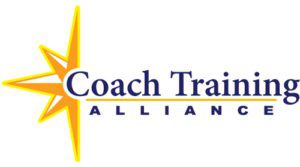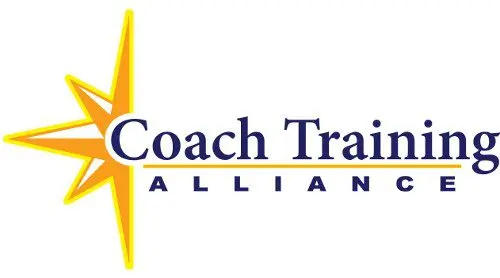In the nuanced and impactful world of life coaching, certain core skills and competencies stand out as fundamental to effective practice. These skills are the bedrock upon which successful coaching relationships are built, enabling life coaches to facilitate meaningful change in their clients’ lives. From empathetic listening to powerful questioning and goal-setting strategies, this blog explores the essential skills every life coach needs and how Coach Training Alliance’s courses are designed to equip individuals with these critical capabilities.
Empathetic Listening: The Heart of Connection
At the core of life coaching is the ability to truly listen—not just to the words being said but to the emotions, beliefs, and values that underlie them. Empathetic listening goes beyond mere hearing; it involves understanding the client’s perspective from within their frame of reference. It’s about creating a safe, non-judgmental space where clients feel seen, heard, and understood. This skill is crucial for building trust and rapport, the foundation of any effective coaching relationship. Coach Training Alliance emphasizes the practice of empathetic listening, teaching coaches to tune into subtle cues and respond with empathy and understanding.
Powerful Questioning: Uncovering Insights
Life coaching is an artful dance of inquiry, where powerful questioning leads to powerful insights. Effective coaches master the skill of asking open-ended, thought-provoking questions that challenge clients to think deeply and differently about their situations. These questions are designed to stimulate reflection, uncover underlying beliefs, and catalyze self-discovery. Coach Training Alliance focuses on honing this skill, enabling coaches to craft questions that unlock new perspectives and possibilities for their clients.
Goal-Setting Strategies: Charting the Course
Setting clear, achievable goals is fundamental to the coaching process. It transforms vision into action and dreams into reality. However, effective goal-setting is more than just listing desires; it involves creating specific, measurable, attainable, relevant, and time-bound (SMART) objectives. Coach Training Alliance teaches aspiring coaches how to guide their clients in identifying meaningful goals, breaking them down into actionable steps, and developing strategies to overcome obstacles. This skill ensures that coaching sessions translate into tangible progress and outcomes for clients.
Creating Awareness: Facilitating Self-Discovery
One of the most powerful aspects of coaching is its ability to foster increased self-awareness in clients. Coaches are trained to help clients recognize patterns of thought and behavior that may be holding them back. This skill involves a delicate balance of observation, feedback, and reflection, encouraging clients to gain insights into their own experiences and how they can move forward more effectively. Coach Training Alliance’s curriculum emphasizes the importance of creating awareness, equipping coaches with the tools to facilitate this critical aspect of personal growth.
Accountability and Encouragement: The Keys to Sustained Progress
While setting goals is crucial, ensuring clients remain motivated and accountable is equally important. Life coaches need the skill to strike the right balance between holding clients accountable for their actions and providing the encouragement and support they need to persevere. Coach Training Alliance prepares coaches to serve as accountability partners, helping clients stay on track towards their goals while fostering a sense of empowerment and self-belief.
Conclusion
The journey to becoming an effective life coach is paved with the development of key skills and competencies. Empathetic listening, powerful questioning, goal-setting strategies, creating awareness, and fostering accountability and encouragement are indispensable tools in a life coach’s toolkit. Coach Training Alliance’s courses are meticulously designed to equip aspiring coaches with these essential skills, ensuring they are well-prepared to make a profound difference in the lives of their clients. By mastering these core competencies, life coaches can unlock the full potential of those they serve, guiding them towards a future of growth, fulfillment, and achievement.


